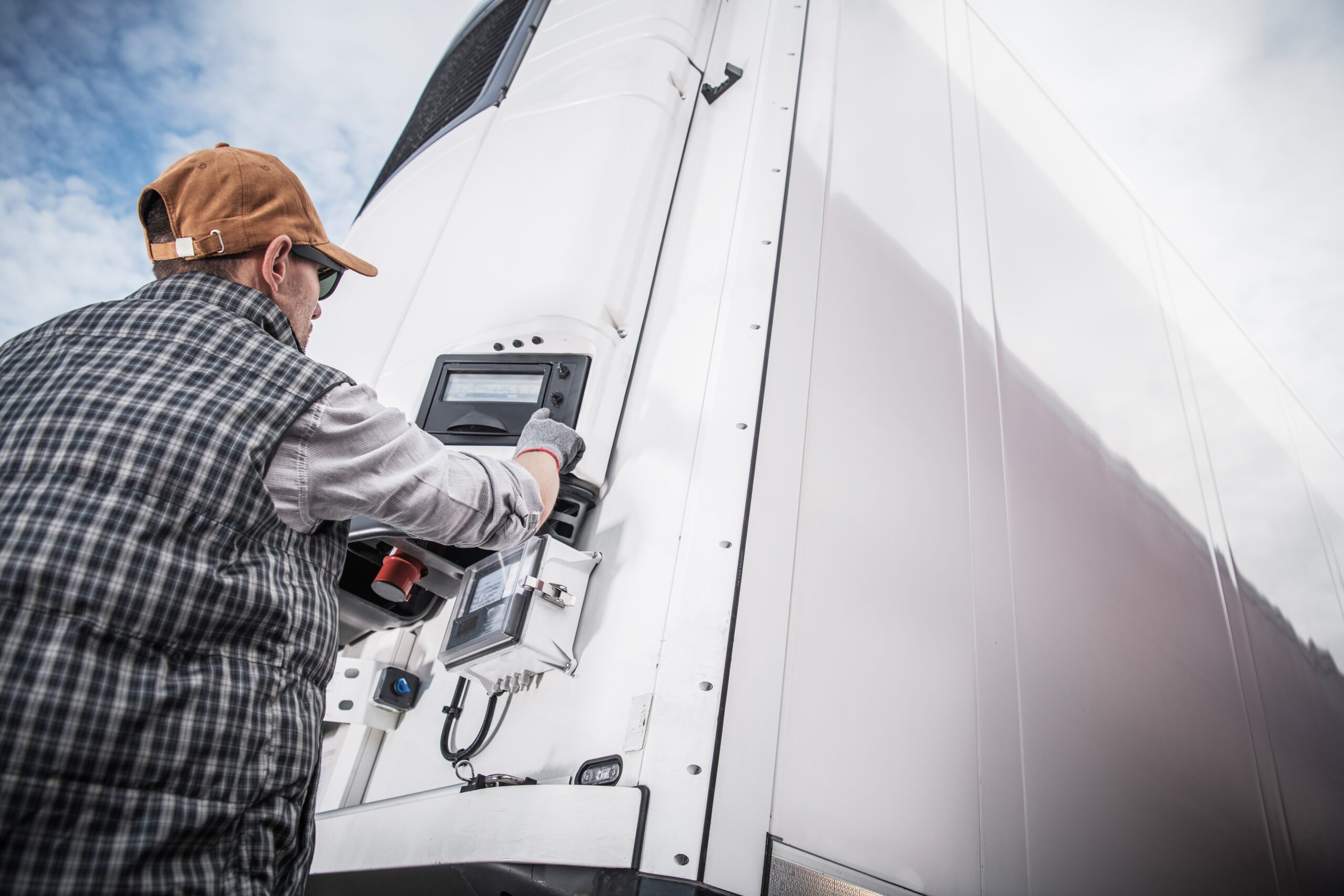The Surging Growth of Sensors in the Trucking Industry in 2024
In the fast-paced world of transportation, the year 2024 marks a pivotal moment in the evolution of the trucking industry, with the widespread integration and adoption of advanced sensor technologies. As the demand for greater efficiency, safety, and sustainability reaches new heights, sensors are revolutionizing the way trucks operate, transforming them into smart, connected vehicles. This blog explores the unprecedented growth of sensors in the
trucking industry and the transformative impact they have on logistics and transportation.

Telematics Revolution:
Telematics, powered by an array of sensors, has emerged as a cornerstone of modern trucking. These sensors collect and transmit real-time data, providing invaluable insights into vehicle performance, driver behavior, and overall operational efficiency. Fleet managers can monitor everything from fuel consumption and engine health to route optimization, leading to significant improvements in overall fleet management.
Enhanced Safety Protocols:
The integration of sensors has elevated safety standards in the trucking industry to new heights. Collision detection systems, blind-spot monitoring, and lane departure warnings are just a few examples of how sensors contribute to reducing accidents and improving overall road safety. As a result, companies are experiencing fewer incidents, minimizing downtime, and ensuring the well-being of both drivers and the general public.
Cargo Monitoring and Security:
Sensors play a crucial role in monitoring and securing cargo during transit. From temperature and humidity sensors for perishable goods to motion detectors for theft prevention, the trucking industry is leveraging these technologies to ensure the integrity and security of transported goods. Real-time tracking and monitoring capabilities enhance visibility and accountability throughout the supply chain.
Environmental Sustainability:
The growing emphasis on environmental sustainability has prompted the trucking industry to adopt sensors that monitor and optimize fuel efficiency. Smart sensors can analyze driving patterns, engine performance, and other factors to suggest adjustments that reduce fuel consumption, contributing to a greener and more eco-friendly operation.
Predictive Maintenance:
Sensors enable predictive maintenance practices, allowing fleet managers to anticipate and address potential issues before they result in costly breakdowns. By continuously monitoring the condition of various components, sensors can detect anomalies and provide insights that empower proactive maintenance strategies, minimizing downtime and reducing overall maintenance costs.
Regulatory Compliance:
With an ever-changing landscape of regulations and compliance standards, sensors help trucking companies stay ahead of the curve. By automatically logging and reporting relevant data, such as driving hours and adherence to speed limits, sensors ensure that companies remain compliant with industry regulations, avoiding fines and penalties.
The growth of sensors in the trucking industry in 2024 signifies a transformative shift towards a more connected, efficient, and sustainable future. As the integration of these technologies becomes increasingly ubiquitous, trucking companies are poised to benefit from improved safety, enhanced operational insights, and a more environmentally conscious approach. The road ahead is paved with innovation, and the trucking industry is driving confidently into a future where sensors play a central role in shaping the logistics landscape. Notably, companies are also finding support through initiatives like Single Point’s Insurance Down Payment Assistance, demonstrating a holistic approach to addressing industry needs and challenges.
